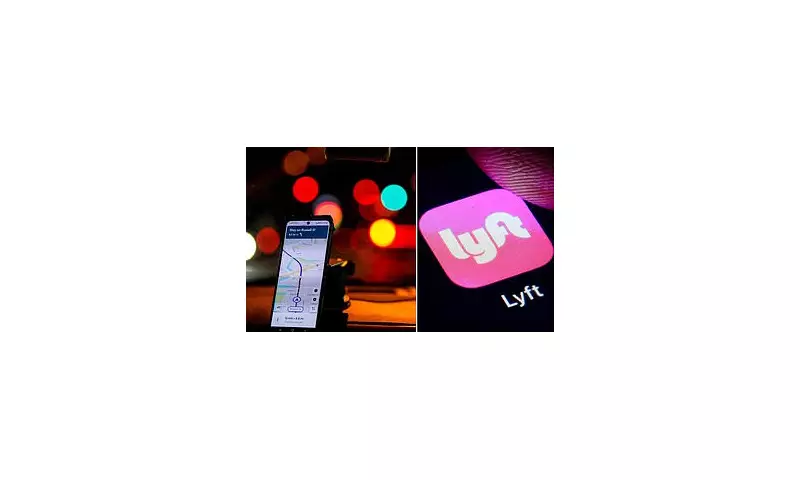
In a surprising twist for the transport technology sector, Lyft's latest attempt to enhance driver earnings through an aggressive new tipping feature appears to be backfiring dramatically. The ride-hailing platform, which has been battling competitor Uber for market dominance, is witnessing an unexpected exodus of customers following the implementation of its revamped gratuity system.
The Tipping Point
Industry insiders report that Lyft's well-intentioned feature, designed to make tipping more prominent and accessible within the app, has instead created friction with the very customers it sought to please. Riders accustomed to seamless transactions are now expressing frustration with what they perceive as excessive pressure to tip, leading many to reconsider their loyalty to the platform.
Business on the Back Foot
The timing couldn't be worse for Lyft, which has been fighting to maintain its position in an increasingly competitive market. Early data suggests the new tipping mechanism may be costing the company more in lost business than it's generating in additional driver income. This development raises serious questions about the delicate balance between supporting gig economy workers and maintaining customer satisfaction.
Customer Sentiment Shifts
Social media platforms and review sites are buzzing with complaints from disgruntled users. Many express feeling 'guilt-tripped' by the new system, while others cite the cumulative effect on their transportation budgets as reason enough to explore alternatives. The backlash highlights growing consumer resistance to what some are calling 'tipflation' - the proliferation of digital tipping prompts across service industries.
Broader Implications for Transport Tech
This development comes at a critical juncture for the ride-hailing industry, which continues to navigate post-pandemic recovery while addressing longstanding concerns about driver compensation and working conditions. Lyft's experience serves as a cautionary tale for other platforms considering similar features, demonstrating that even well-meaning changes can have unintended consequences when customer experience is compromised.
The company now faces the challenging task of recalibrating its approach to in-app tipping without alienating either its driver partners or its rider base. How Lyft navigates this delicate situation could set important precedents for the entire transport technology sector.





